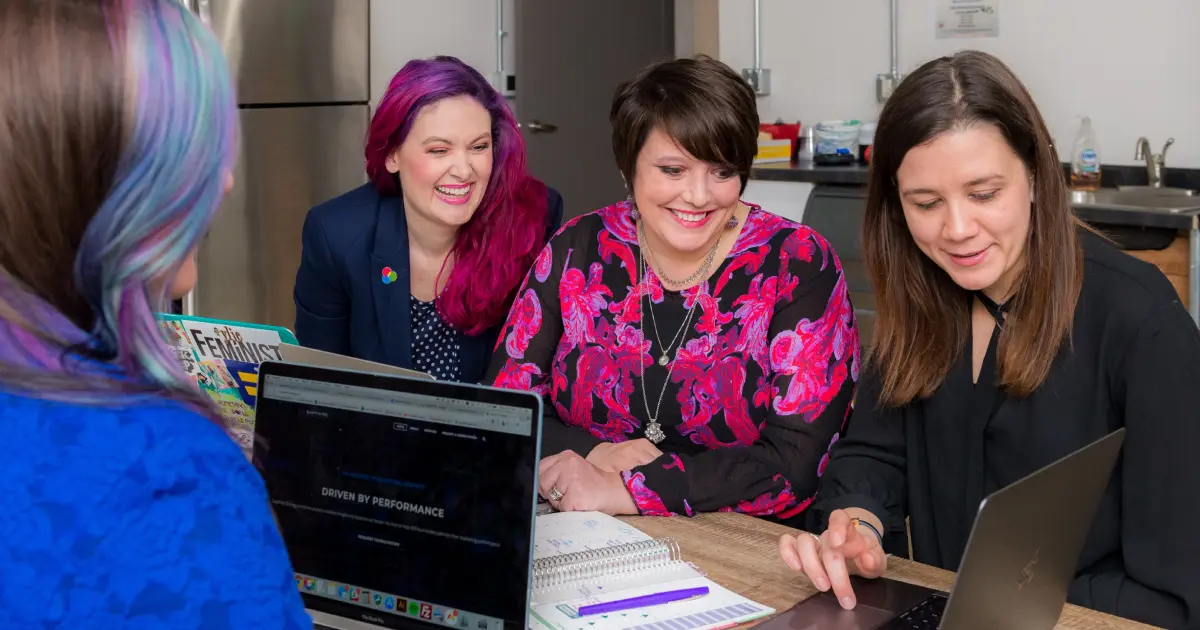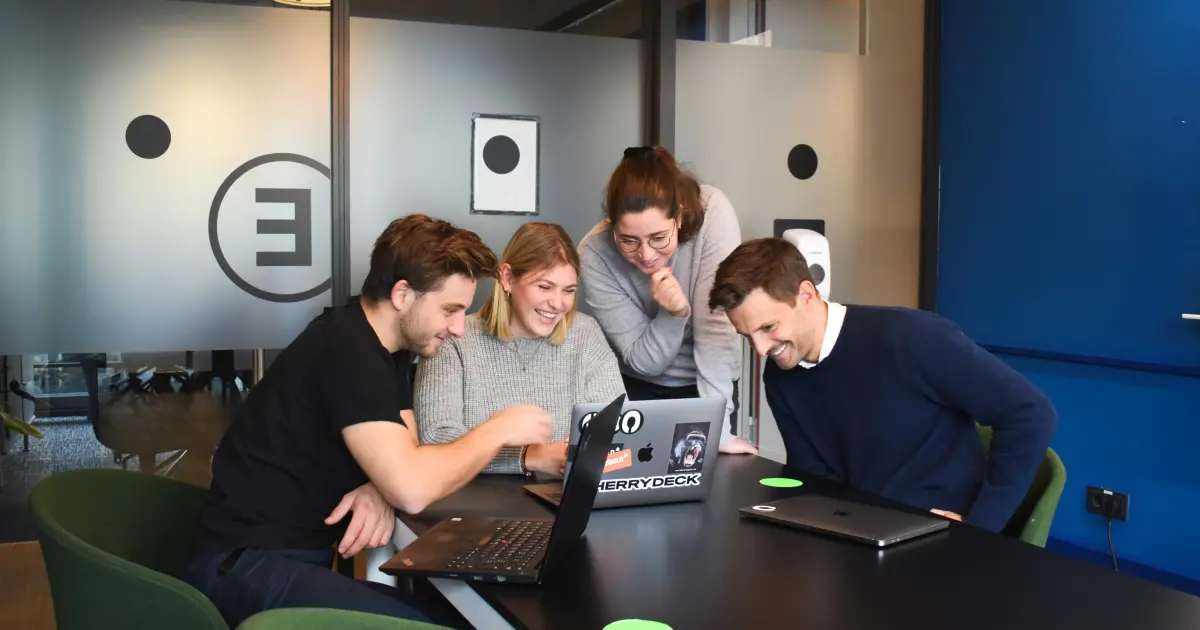30 August 2023
The world of work is changing rapidly. New technologies are emerging, the workforce is becoming more diverse, and the way we work is changing. Employees need to be prepared for the future of work in order to thrive in their careers. There are jobs today that didn’t exist 20 years ago, so there is a fair chance that in the next evolution of business, the same thing will happen again.

Automation and AI are rapidly changing the workplace. Many jobs are being automated, and AI is being used to augment and automate tasks in a variety of roles. Employees need to be prepared for the impact of automation and AI on their jobs, and they need to be willing to upskill and reskill in order to stay relevant in the workforce.
The gig economy is growing rapidly. More and more people are working as freelancers, contractors, or on-demand workers. Employees must understand the implications of the gig economy for their careers and be ready to operate in a more flexible and independent manner.
The demand for skills and knowledge is increasing. In order to stay competitive in the workforce, employees need to continue to learn and develop new skills. Employees must be ready to invest in their own education and training, and they must display a willingness to take risks and experiment with new endeavours.
The pace of change in the workplace is accelerating. Employees need to be able to adapt quickly to changes in the market, technology, and customer demands. Employees need to be prepared to learn new things and to be flexible in their work arrangements.
In addition to these trends, employees also need to be aware of the following challenges:
Many businesses are facing a talent shortage. This is due to a number of factors, including the aging population, the rise of automation, and the increasing demand for skilled workers in the technology sector. Employees must prepare to compete for jobs and show willingness to relocate for work.
The mental health crisis is a major challenge facing the workforce. Many employees are feeling stressed, anxious, and isolated. Employees need to take steps to protect their mental health, and they need to be open to seeking help if needed.
DE&I is an essential element of a successful business. Employees need to be prepared to work in a more diverse and inclusive workplace, and they need to be willing to challenge unconscious bias.
The future of work is uncertain, but employees can play a key role in shaping it. By understanding the trends and challenges, and by developing the skills and competencies they need to succeed, employees can thrive in the future of work.

Employees need to be aware of the latest trends and technologies that are impacting the workplace. This includes understanding the impact of automation, AI, and the gig economy.
Employees need to continue to learn and develop new skills in order to stay competitive in the workforce. This includes taking online courses, attending workshops, and reading industry publications.
Employees need to be able to adapt quickly to changes in the workplace. This includes being willing to learn new things, take on new responsibilities, and work in different ways.
Your network is your most valuable asset in the workplace. Make sure to build relationships with people in your industry, and be willing to help others.
The mental health crisis is a major challenge facing the workforce. Employees need to take steps to protect their mental health, such as getting enough sleep, exercising regularly, and eating a healthy diet. While these are physical activities, they contribute to a healthier mental state.
The future of work is uncertain, but it is sure to be different from the past. Employees need to be open to change and willing to embrace new ways of working.
By taking these actions, employees can prepare for the future of work and thrive in their careers.